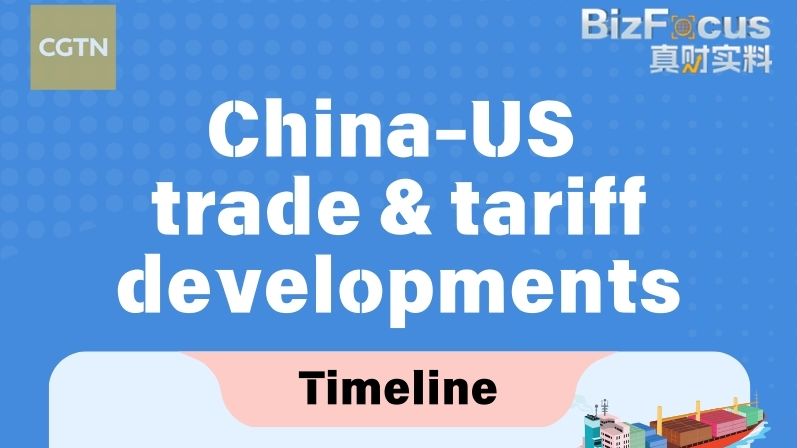After months of back-and-forth in Geneva, London, and Stockholm, the Chinese mainland and US delegations reconvened on Sunday in Madrid to tackle stubborn trade disputes and simmering tariff tensions.
In Madrid’s historic Palacio de la Moncloa, negotiators from both sides dug into issues ranging from steel levies to agricultural duties, aiming to build on positive results from earlier rounds. Delegates said incremental progress has set the stage for more ambitious agreements.
Trade experts note that easing tariffs could unlock billions in bilateral commerce and stabilize global supply chains still reeling from pandemic shocks. While specific concessions remain under wraps, sources describe a constructive atmosphere that contrasts with recent years of tit-for-tat measures.
Looking ahead, both sides plan to take the Madrid outcomes to Washington and Beijing for internal reviews before scheduling a fifth meeting. Observers see this cycle of dialogue as a critical step toward de-escalation and a test of whether economic diplomacy can outpace political friction.
As the talks continue, businesses, investors, and young professionals worldwide will be watching closely. For a generation accustomed to digital disruption and fast-changing markets, the evolution of China-US trade relations will shape everything from tech supply chains to global growth outlooks.
Reference(s):
cgtn.com




